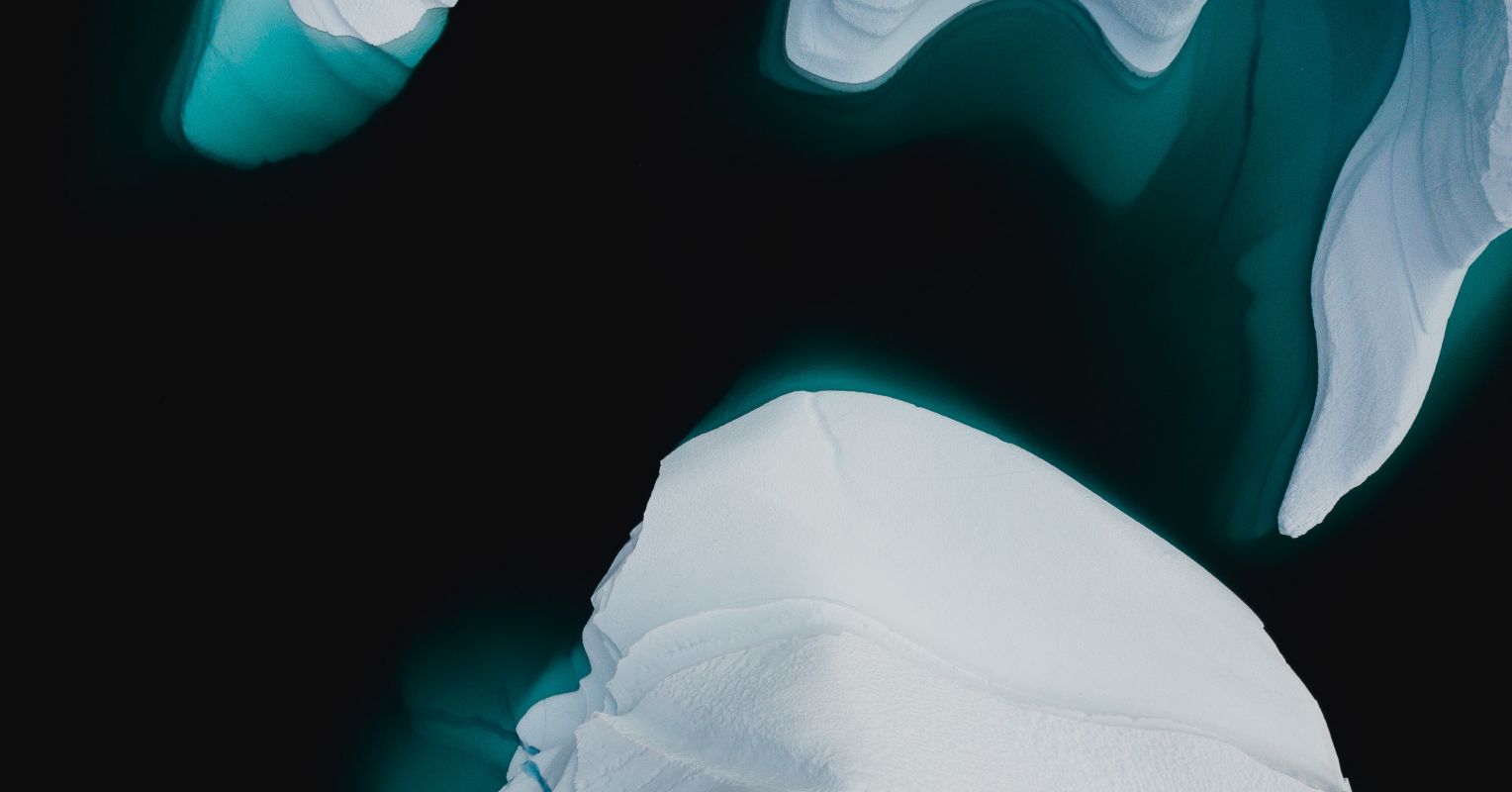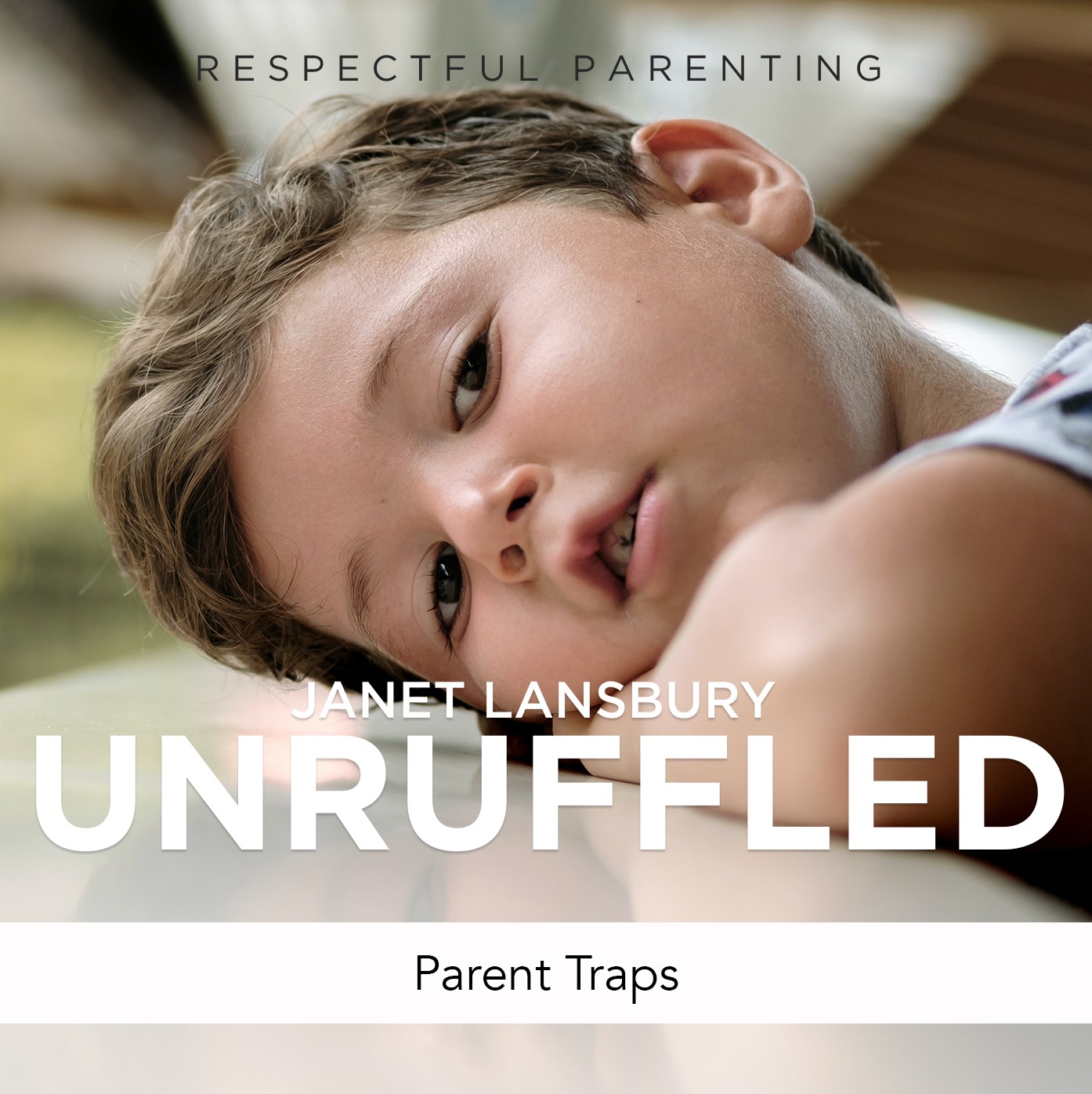[ad_1]

Source: Annie Spratt/Unsplash
World leaders are meeting to discuss and negotiate climate change issues. When you think of climate change, you might think of disastrous natural consequences like fires and floods. Perhaps you’re concerned about rising seas levels or wrestling with policies aimed at preventing large-scale catastrophes. But for some, the impact is hitting home in another way: Many of childbearing age are worried about the threat of a scarcity of resources, and some couples are reconsidering whether to have kids at all or rethinking family size.
When talking about the effect of climate change and our diminishing natural resources in reference to having babies, words like “deterrent,” “discouragement,” and “responsibility” come up regularly. About a quarter of men and women who responded to a Morning Consult survey said they factored climate change into their reproductive decisions. “For both GenZers and millennials, the issue seems more salient, with 37 percent and 34 percent, respectively, saying it is a major or minor reason they do not have children,” according to the report released last year. Of 20- to 45-year-olds surveyed, a third said climate change was a reason they’d had fewer children or expected to have a smaller family than they considered ideal.
Kathleen*, who lives on the West Coast and has a 2-and-a-1/2-year-old, told me, “The wildfires were so impactful that we couldn’t leave our house. Climate change and the strain on our environmental resources are a discouragement to having more children. Several of my friends feel a child brought into the world now would not have a secure future. They don’t want their kids to inherit an unstable world.”
Kenneth, 39, an only child whose preference initially was a larger family, let go of that wish because of the financial pressure of more children and his feeling of responsibility. “I think having a lot of kids is irresponsible,” he said. “The more kids you have, the more consumption, the more the impact on the environment and on the global footprint. I cringe at people having a lot of kids.”
Following two articles in The New York Times addressing the dip in population growth and its effect on the economy, readers fired back: “With a smaller population, we will not struggle for resources to provide food, water and housing for everyone,” Alexandra Paul of California wrote in a letter to the editor. “We will not contribute as much to climate change; we will live in harmony with nature and allow wildlife to thrive; most people will have jobs despite the rise in automation; there will be less traffic, less crowding, more open space. These are all crucial things to well-being.”
“When I talk to people my age about having children, we don’t talk about whether or not we like kids, or whether or not we would be able to support them,” college sophomore Astrid Braun from Ohio wrote in her letter to the editor. “We talk about the moral implications of putting more people on this Earth to consume more resources. And we talk about not wanting our kids to live in the terribly uncertain future, one in which they could be facing a world of climate change disasters. We ourselves are already facing it, in many places.”
A small study from the University of Arizona—“No future, no kids—no kids, no future?”—asked 18- to 35-year-olds about their climate change concerns and thoughts about bringing children into the world. Their responses suggest that climate change looms large in decisions about whether or not to have children, reflecting how environmental concerns are increasingly influencing young adults’ reproductive choices.
Climate change: An undeniable factor
Climate change anxiety has become front and center in many family planning conversations. When coupled with women’s fraught participation in the workforce, the expense of raising children, and the profound economic aftershocks of COVID-19, climate change worries appear to be accelerating the sharp decline in birthrate in many developed countries.
More than 10 years ago, in his book The Coming Population Crash and Our Planet’s Surprising Future, economist Fred Pearce noted, “Once the trend has set in, it will be very hard to break.” With climate change now weighing heavily on couples’ decisions about having kids and family size, it seems a good bet climate anxiety will fuel the one-child trend for a long time to come.
Is climate change something you grapple with when thinking about having a baby?
*Names of participants in the Only Child Research Project have been changed to protect identities.
Copyright @2021 by Susan Newman
Related Articles:
Only One!? The Pressure Is Off Parents to Have More Children
How Many Children Did You Hope to Have?
[ad_2]
Source link


![The Famous Pottery Barn Toddler Chair [And the Dupe You Need to Know About!]](http://workfromhomemomz.com/wp-content/uploads/2023/06/1687209473_The-Famous-Pottery-Barn-Toddler-Chair-And-the-Dupe-You.jpg)
